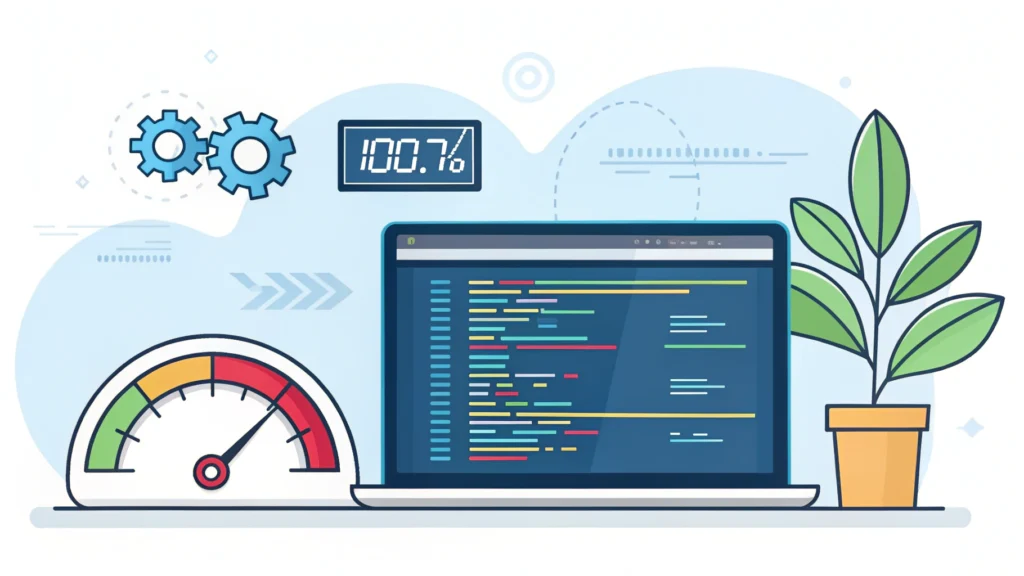Introduction
JavaScript is a powerful language that enables developers to build dynamic web applications. However, writing clean and maintainable code is crucial for long-term project success. In this article, we’ll explore 15 essential JavaScript tips to help you write cleaner code, making it easier to read, debug, and extend.
1. Use Descriptive Variable Names
Choosing descriptive variable names enhances code readability. Instead of using vague names like x or temp, opt for names that describe the variable’s purpose, such as totalPrice or userName.
2. Keep Functions Small and Focused
A function should perform a single task. This makes it easier to understand and test. For example:
function calculateTotal(price, tax) {
return price + (price * tax);
}3. Use Template Literals
Template literals allow for easier string interpolation and multi-line strings. Instead of using concatenation:
const greeting = 'Hello, ' + name + '!';Use:
const greeting = `Hello, ${name}!`;4. Leverage Arrow Functions
Arrow functions provide a concise syntax for writing functions, especially when dealing with callbacks:
const numbers = [1, 2, 3];
const doubled = numbers.map(num => num * 2);5. Use ‘const’ and ‘let’ Instead of ‘var’
Using const for constants and let for variables helps prevent scope-related issues that arise with var. For example:
const MAX_COUNT = 10;
let currentCount = 0;6. Eliminate Magic Numbers
Magic numbers can make code confusing. Define constants instead:
const GRAVITY = 9.81;
const weight = mass * GRAVITY;7. Use Object Destructuring
Object destructuring simplifies retrieving properties from objects:
const user = { name: 'Alice', age: 25 };
const { name, age } = user;8. Comment Your Code Wisely
Use comments to explain why code exists, not what it does. This ensures future developers (or yourself) understand the intent behind complex logic.
9. Handle Errors Gracefully
Use try...catch for error handling to prevent application crashes:
try {
riskyFunction();
} catch (error) {
console.error('An error occurred:', error);
}10. Use Consistent Formatting
Maintain consistent indentation and spacing. Consider using a tool like the JS Minifier to help keep your JavaScript files clean.
11. Use Promises and Async/Await for Asynchronous Code
Promises and async/await simplify asynchronous programming, making your code easier to read.
async function fetchData() {
try {
const response = await fetch(url);
const data = await response.json();
console.log(data);
} catch (error) {
console.error('Error fetching data:', error);
}
}12. Avoid Global Variables
Global variables can lead to conflicts. Use modules or encapsulation to limit variable scope.
13. Use the Latest ECMAScript Features
Keep your JavaScript up to date with the latest ECMAScript features for cleaner syntax and functionality. For example, using Array.from() instead of a loop:
const array = Array.from('hello'); // ['h', 'e', 'l', 'l', 'o']14. Optimize Your Code with Minifiers
Minifying your JavaScript can improve load times. Use our JS Minifier tool for this purpose.
15. Validate JSON Data
Use a tool like the JSON Formatter to validate and format JSON data for better readability and debugging.
Conclusion
By implementing these 15 JavaScript tips, you’ll enhance your coding practices, resulting in cleaner and more maintainable code. Remember to leverage tools like the WebToolsLab to assist in your development process. Happy coding!
